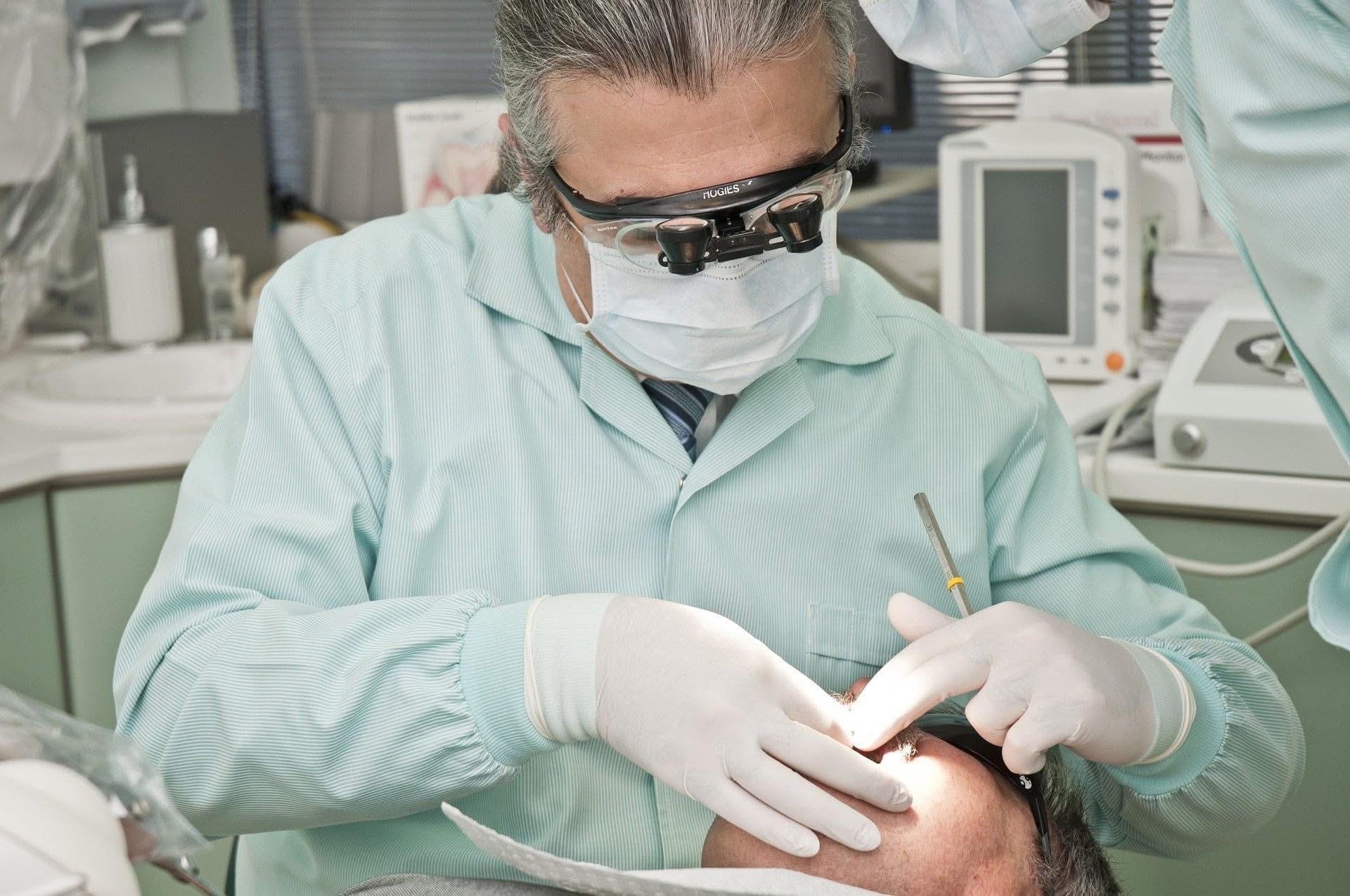 The Miami Dentist Blog has covered the relationship between oral health and wellness extensively. We’ve explored studies that previously have shown gum disease to increase the risk of heart disease. We’ve also discussed the importance of holistic stress management, and the ways it helps to strengthen immunity to disease and overall health. Now, recent research shows a possible connection between gum disease and the blood disorder anemia. It is alarming, providing yet another word of caution to patients who do not take care of their teeth and gums on a daily basis.
The Miami Dentist Blog has covered the relationship between oral health and wellness extensively. We’ve explored studies that previously have shown gum disease to increase the risk of heart disease. We’ve also discussed the importance of holistic stress management, and the ways it helps to strengthen immunity to disease and overall health. Now, recent research shows a possible connection between gum disease and the blood disorder anemia. It is alarming, providing yet another word of caution to patients who do not take care of their teeth and gums on a daily basis.
The dangerous nature of gum disease is in the news again. This time, researchers in Britain say gum disease triggers chronic inflammation that may significantly contribute to decreased red blood cell count or anemia. The study has been published in the Journal of Periodontology at the end of this past April, reigniting interest in gum disease and its effect on the rest of the body. Findings show that patients with chronic gum disease exhibit red blood cell counts significantly below normal levels (i).
Further investigation points an accusatory finger at inflammation or swelling. Gum tissues become swollen, and often times bloody, in response to the influx of bacteria caused by gum disease. Inflammation of the gums causes a drop in erythropoietin production, a hormone primarily responsible for controlling red blood cell production (ii). Red blood cell production decreases, leading to the development of anemia in individuals with gum disease.
Miami Dentist Cautions Patients to Get Proactive
Of course, the best way to avoid both chronic gum disease and the serious illnesses it can trigger is to get proactive! No—we are not talking face wash here. We are talking about actively taking care of your teeth and gums, rather than re-actively brushing harder after your dental exam uncovers a few cavities (Side note: Never brush ‘hard.’ While tooth enamel is incredibly strong, your gums are not.)
Proper tooth and gum care include the following:
Proper nutrition: Eating plenty of fruits, vegetables, and whole grains to satiate hunger and help suppress your natural sweet tooth. Eating fewer sugary foods means there’s less to clean off your teeth, a win-win in terms of overall wellness and proactive oral hygiene.
Regular brushing: Individuals should brush their teeth twice each day, at a minimum. Some may find it beneficial to brush a third time at mid-day, cleaning food debris from the teeth and gums following lunch or late-afternoon snacks.
Flossing: This is perhaps the most underappreciated and under practiced of all oral hygiene acts. Flossing extracts the food particles that regular brushing cannot. Failing to do so prompts the growth of plaque, bacteria, tooth decay, and gum disease. It’s a slippery slope, so be sure to floss daily!
Holistic Dentistry: Looking at the Big Picture
Holistic dentistry is characterized by its belief in the interconnected nature of the human body. The oral cavity, in particular, plays a vital role in the delivery of oxygen, water, and other nutrients to the rest of the body. In this way, the health of tooth and gum tissues tells a story about the overall health of the body. Signs of poor hygiene, stress, and destructive habits are reflected through the mouth. Holistic dental professionals are highly educated in identifying and diagnosing such signs, arming them with the knowledge to help patients regain control of their health.
Schedule an appointment with Assure a Smile and learn firsthand how holistic dental exams differ from traditional check-ups. Take advantage of our New Patient Cleaning Special and receive a full TMJ scan, professional teeth cleaning, dental x-rays, digital photos, and a comprehensive one-on-one holistic wellness consultation.





